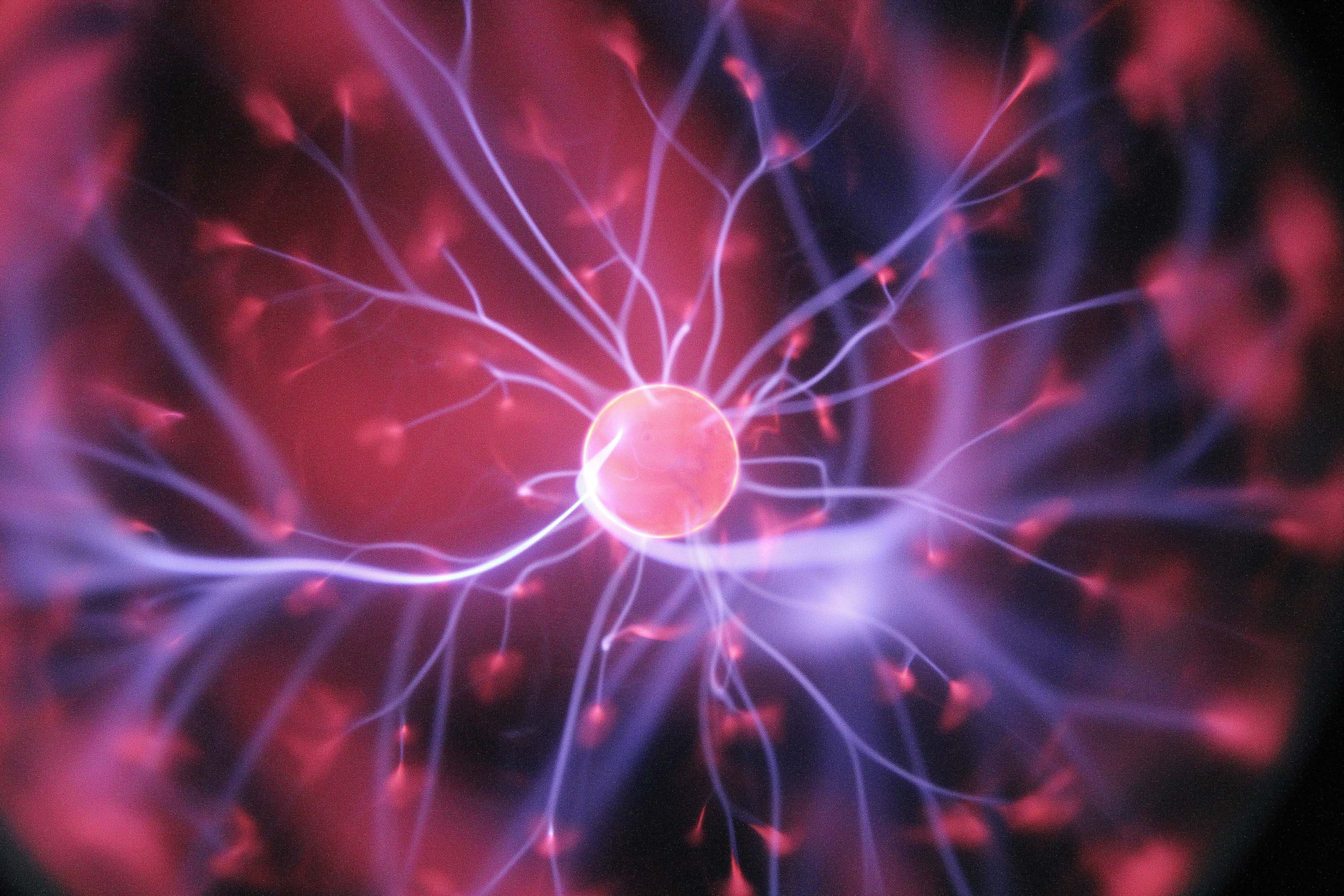Metabolism is the engine that powers our bodies, converting food into energy to sustain life. A slow metabolism occurs when this process operates at a reduced pace, leading to fewer calories burned both at rest and during activity. This can make weight management more difficult and may contribute to other health challenges.
What is Slow Metabolism?
Slow metabolism refers to the body’s decreased rate of converting food into energy (calories). It encompasses all biochemical processes necessary for life, such as energy production and tissue repair. A person with a slow metabolism burns fewer calories, often storing excess energy as fat.
How Does Slow Metabolism Impact Health?
A slow metabolism can lead to several noticeable effects:
Weight Gain
- Impact: Those with a slow metabolism may gain weight more easily and struggle to lose it.
- Why: Fewer calories are burned for energy, resulting in excess calories being stored as fat.
Fatigue
- Impact: Persistent fatigue and low energy levels can occur.
- Why: A slower metabolic rate reduces the efficiency of converting food into usable energy.
Difficulty Losing Weight
- Impact: Even with a healthy diet and exercise, weight loss can be slow or nonexistent.
- Why: Fewer calories burned make creating a calorie deficit—the key to weight loss—more difficult.
Sensitivity to Cold
- Impact: Feeling cold frequently may be a symptom.
- Why: Reduced calorie burning results in less heat production by the body.
Constipation
- Impact: Slower digestion and fewer bowel movements may occur.
- Why: A sluggish digestive system is often linked to slow metabolism.
What Causes Slow Metabolism?
Several factors can contribute to a slower metabolism, including:
- Genetics: Some people are genetically predisposed to a slower basal metabolic rate (BMR), the rate at which the body uses energy at rest.
- Hormonal Imbalances: Thyroid Disorders: An underactive thyroid (hypothyroidism) can significantly reduce metabolism. Insulin Resistance: Conditions like type 2 diabetes affect the body’s energy-processing efficiency.
- Age: Metabolism naturally slows as we age due to hormonal changes and muscle loss.
- Muscle Mass: Muscle burns more calories than fat, even at rest. Less muscle mass means a slower metabolism.
- Lifestyle Factors: Consistently eating too few calories can cause the body to conserve energy and slow metabolism. A sedentary lifestyle reduces muscle mass and metabolic rate.
How Can Slow Metabolism Be Managed?
While some factors like age and genetics cannot be changed, there are effective strategies to boost metabolism:
Dietary Adjustments
- Eat Enough Calories: Avoid overly restrictive diets, which can cause the body to slow energy use.
- Frequent Meals: Eating smaller, more frequent meals helps maintain an active metabolism.
- Include Protein: High-protein diets can temporarily increase calorie burn through the thermic effect of food (TEF).
Exercise
- Strength Training: Building muscle mass increases the calories burned at rest.
- Aerobic Activity: Exercises like walking, running, or cycling elevate calorie burn during and after activity.
Lifestyle Changes
- Sleep Well: Aim for 7-9 hours of quality sleep, as poor sleep disrupts metabolic processes.
- Stay Hydrated: Drinking enough water supports metabolism and energy production.
Medical Interventions
- Thyroid Hormone Replacement: For hypothyroidism, medication can help normalize metabolism.
- Medication Review: Speak with a doctor about adjusting medications that may be slowing metabolism.
Final Thoughts
A slow metabolism can make weight management and energy levels more challenging, but understanding its causes and effects is the first step toward improvement. With dietary adjustments, regular exercise, and healthy lifestyle changes, it’s possible to enhance metabolic efficiency. For individuals with underlying conditions like hypothyroidism, medical treatment can provide additional support. Consulting a healthcare professional is recommended for personalized advice.


